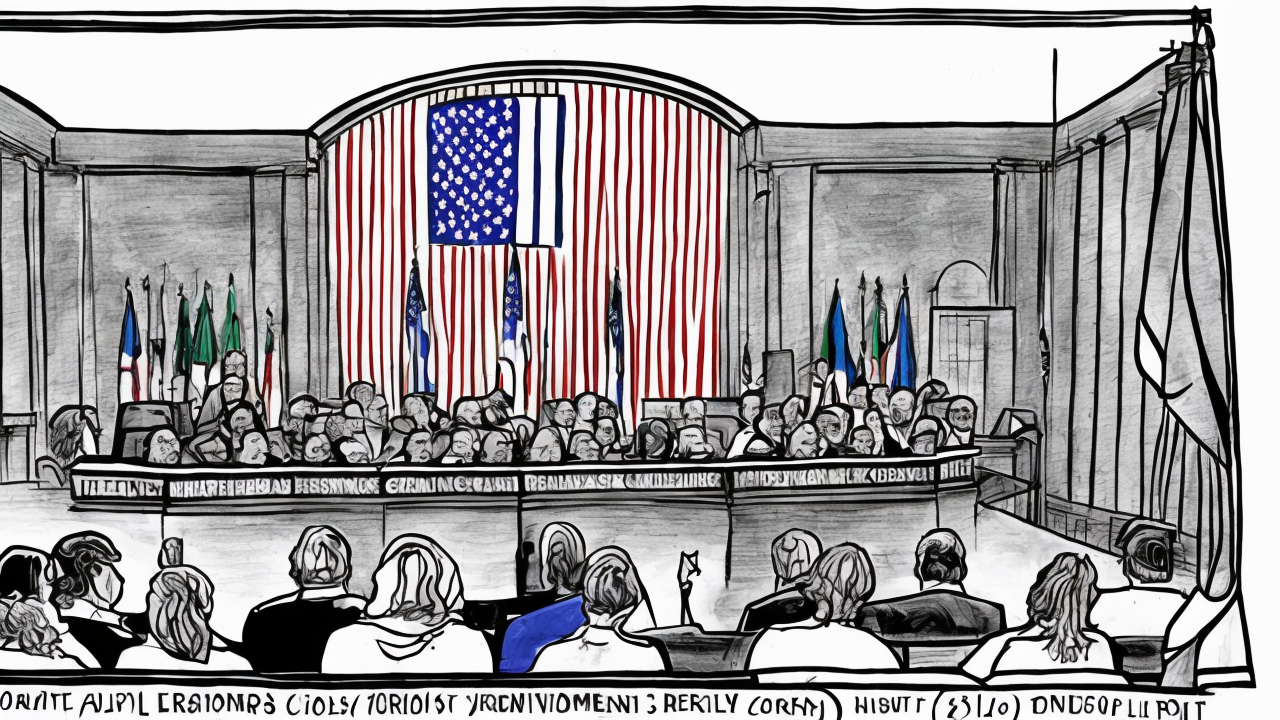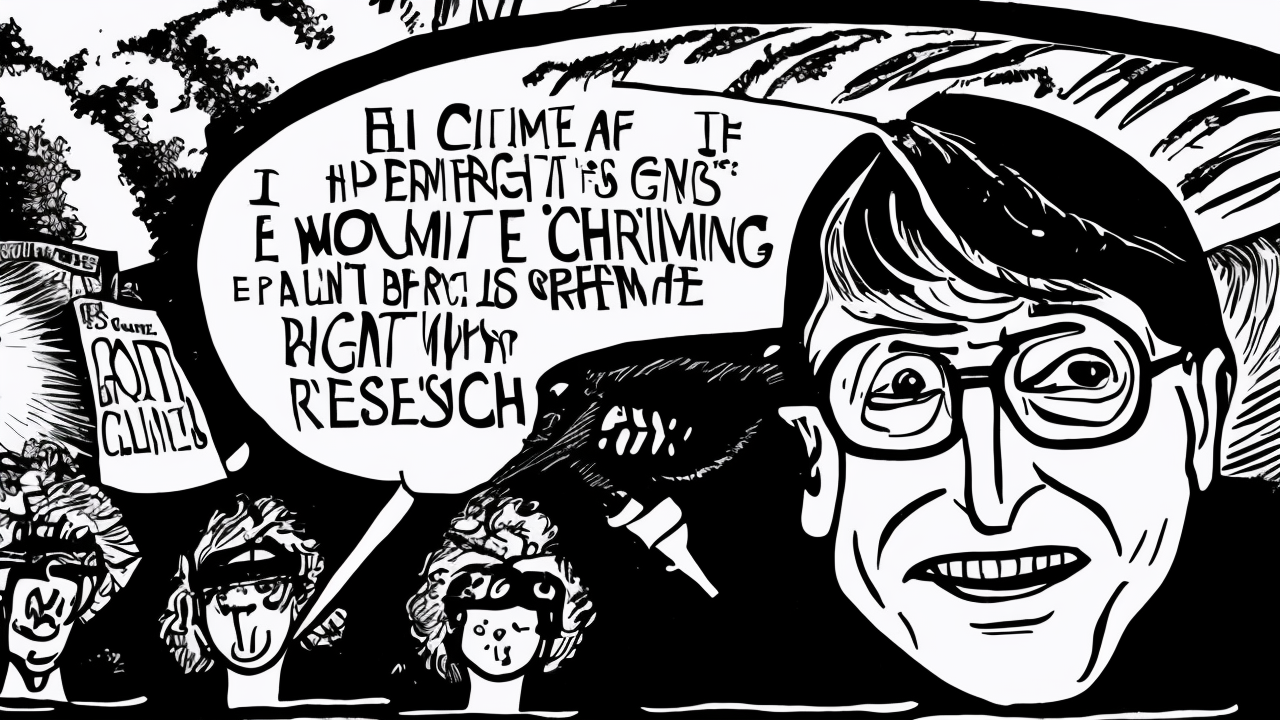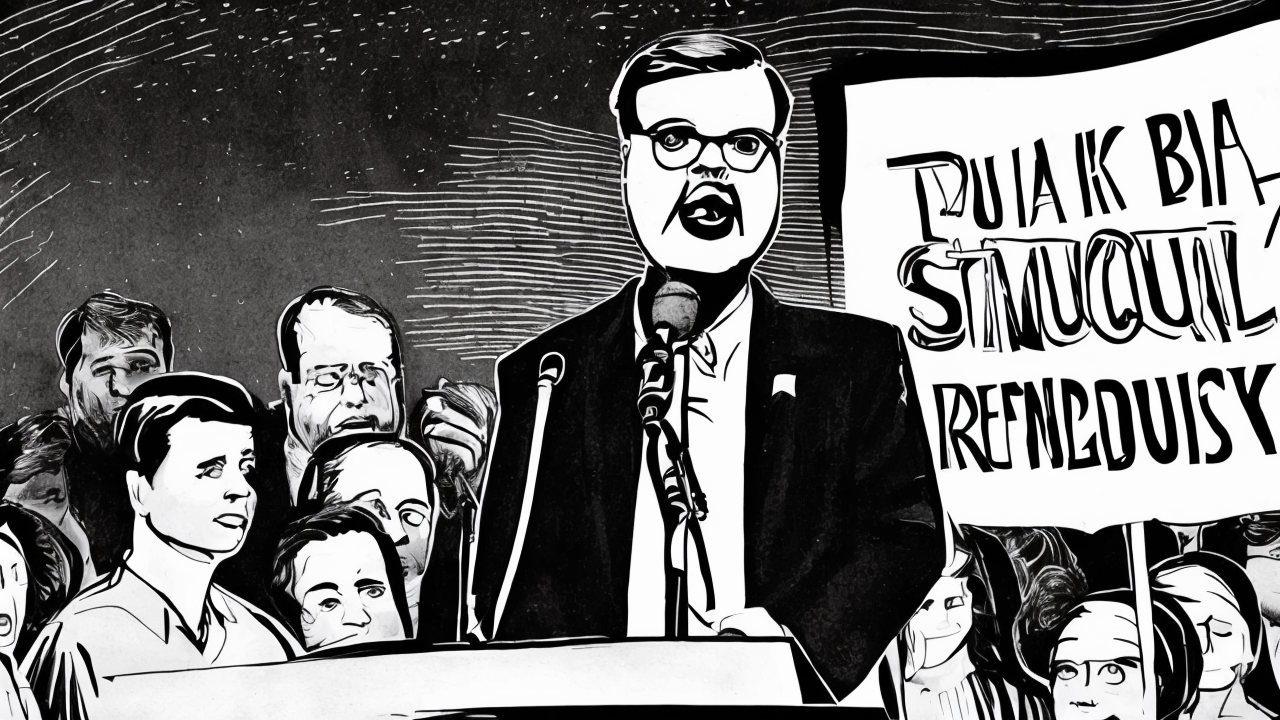The Hurricane Season That Still Isn’t: JunkScience Debunks Climate Alarmism

The 2025 hurricane season has concluded with remarkably little activity—no major hurricanes made landfall, and the Atlantic basin remained quieter than average. This outcome, while not unprecedented, stands in contrast to the alarmist predictions that have become commonplace in recent years. Climate narratives that once insisted on rising storm intensity and frequency now face a quiet reality: nature does not always conform to political agendas.
Historical data shows that hurricane activity has always fluctuated. Decades of record-keeping reveal natural cycles influenced by ocean temperatures, wind patterns, and atmospheric conditions—factors far more significant than greenhouse gas levels. The current season’s calm is not evidence of a failed climate model in the long term, but rather a reminder that weather is complex, unpredictable, and governed by forces beyond human control.
Yet, despite the lack of storms, calls for sweeping environmental policy continue. Governments and advocacy groups still push for massive investments in unproven renewable technologies, often framed as urgent necessities. These proposals are presented as solutions to a crisis that, by current metrics, does not exist in the form they claim. When the sky remains clear and storms stay offshore, the urgency of such mandates begins to look less like science and more like ideology.
There is a growing consensus, especially among conservatives and practical-minded citizens, that the focus on radical green policies often distracts from real priorities. Infrastructure resilience, emergency preparedness, and community planning are not served by mandating wind turbines in unsuitable locations or forcing utilities to abandon reliable energy sources. These policies frequently raise energy costs, burden families, and weaken grid stability—especially during times of actual need.
True stewardship of the Earth does not require abandoning proven energy sources or dismantling systems that have served generations. It means managing resources wisely, protecting ecosystems, and building communities that can withstand natural challenges—whether storms come or not. The emphasis should be on readiness, not fear. On preparedness, not panic.
The absence of major hurricanes this year does not prove that climate change is irrelevant. But it does highlight the danger of allowing emotional narratives to drive public policy. When data is selectively presented or inflated for political gain, the public loses trust in science itself. That erosion of confidence harms not only environmental efforts but also the broader culture of evidence-based decision-making.
A balanced approach recognizes that nature operates within long-term cycles, and that human influence, while real, is often overstated in the heat of political debate. We can care for the environment without surrendering our economic security or embracing untested technology. We can promote innovation without dismantling the energy systems that power homes, hospitals, and schools.
In the end, the most responsible path forward is one grounded in humility. It acknowledges what we know, admits what we do not, and prioritizes solutions that are practical, sustainable, and respectful of both science and common sense. As the dust settles on another quiet hurricane season, the lesson is clear: policies should be shaped by facts, not fear. Communities thrive not when they are terrified by the future, but when they are equipped to face it with wisdom, courage, and shared purpose.
Let us choose prudence over panic, preparation over propaganda, and truth over trend. That is how we honor both our nation and our Creator.
Published: 10/19/2025








